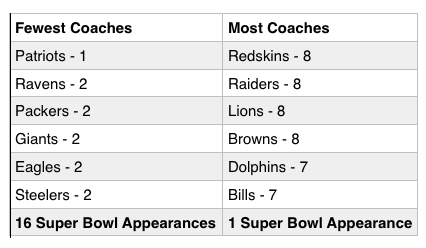 Sadly, in 2012 over 400 pastors and staff members in SBC churches found themselves terminated from their positions. The reasons are many, some justified (moral failure, criminal action, unethical or illegal behavior), others unjustified (bad fit, popularity, or offending a power member). Unfortunately we're surrounded by a culture of firing. We watch The Apprentice and revel in Trump's bravado when he points his finger, college football fans frustrated with their team rent airplanes arguing for dismissing a coach, and by week 9 of the NFL season 2 coaches have already been fired. I don't intend to write on the justified cases of dismissal, because they are an unfortunate necessity at times. My concern are the times where dismissals are used as a quick fix to a much bigger problem, a culture problem. Whether it's a business, football field, or a church, too many times dismissals are used to cover up the systematic dysfunction and abdication of responsibility. Instead, a scapegoat is sacrificed on the altar of appeasement. Let me give an example. The table below is a representation of NFL teams and the number of head coaches since 2000. Under that is the number of Super Bowl appearances made by those teams. See the problem? The teams that continually dismiss and replace coaches are overwhelmingly dysfunctional teams that lack the vision, direction, and purpose needed to be a winning team. I want to propose 6 reasons for churches to avoid following this strategy.
0 Comments
Leave a Reply. |
Scott M. DouglasA blog about leadership and the lasting legacy of family ministry. Archives
August 2023
Categories
All
|

 RSS Feed
RSS Feed



